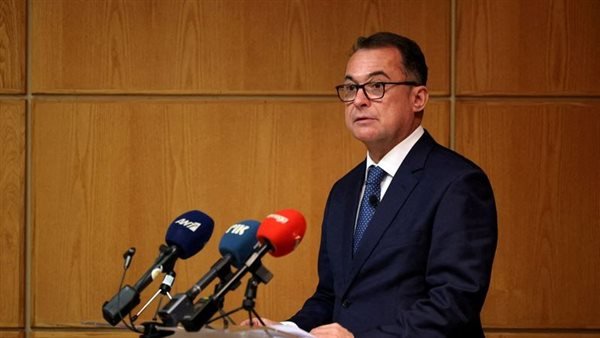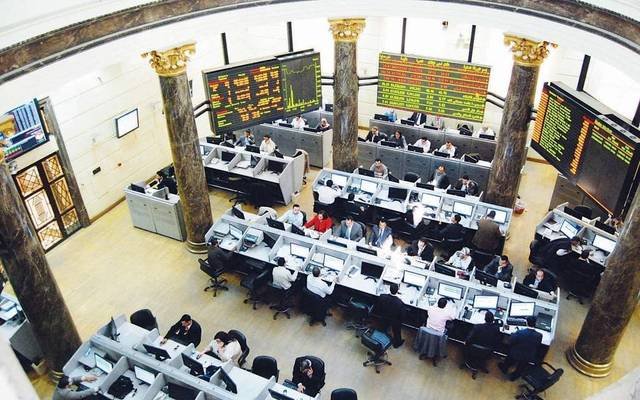
Why did the Central Bank of Egypt announce the sale of dollar treasury bills worth $980.5 million? Can this decision alleviate the dollar crisis in the market? More importantly, what do treasury bills even mean? Who buys it?
Let us start with you from the beginning.. What does treasury bills in dollars mean?
Treasury bills are simply a financial instrument issued by the government to collect money in a quick time, and when we say “treasury bills in dollars,” this means that the Egyptian government, through the Central Bank, borrows dollars from investors for a short period (a year in this case). She promises them that she will return the money to them in dollars, in addition to a certain interest, which here is 4.5%.
Why in dollars and not in pounds?
Because Egypt needs a lot of dollars, whether to pay its foreign debts or to pay the cost of imports, especially since the dollar has become a rare currency in the Egyptian market due to the lack of supply over the past two years, the government has resorted to treasury bills in dollars in order to fill this deficit and maintain its international obligations.
So, who is buying these treasury bills?
Egyptian banks buy a large percentage because they trust that the government will repay the money on time. Also, foreign investors see treasury bills as a profitable opportunity, especially if the return (interest) is attractive compared to other countries.
The Central Bank of Egypt is offering these bills in official auctions, and banks and investors are competing to buy. The goal of the offering is that the Central Bank is trying to collect the largest possible value in dollars with the lowest possible return.
What is the impact of selling treasury bills on the dollar crisis?
Bills in dollars can help solve the dollar crisis temporarily because they provide dollar liquidity to the government, and this money often goes to pay foreign debt installments so that Egypt does not delay in paying its international obligations. It also goes to support the foreign exchange reserve that the Central Bank uses to stabilize the pound against the dollar.
But this solution is more like a “relief” because in the end the government must pay back the money to investors, along with interest, and this increases pressure on the budget in the future.
What is the solution in the long term?
Stimulating foreign investment through the entry of new companies and factories means providing dollars to the market… and also increasing exports, because the more we export, the more dollars we bring in… while supporting tourism because it is a major and quick source of hard currency.
In the end… selling treasury bills in dollars is a necessary step at the present time to temporarily solve the dollar liquidity crisis, but it is not a permanent solution… and the Egyptian economy needs a long-term plan to increase its hard currency resources and reduce its dependence on external borrowing.



